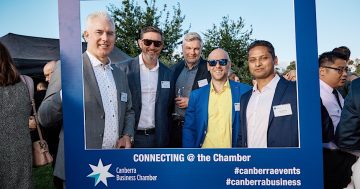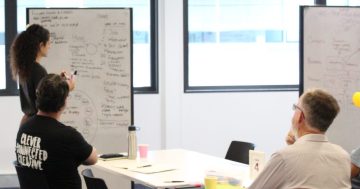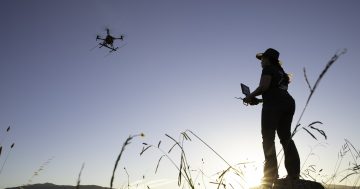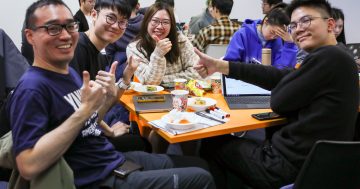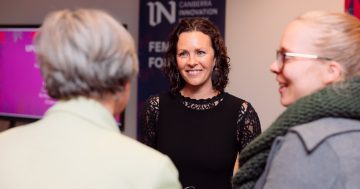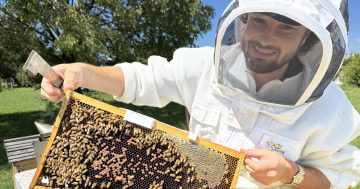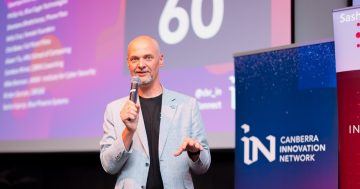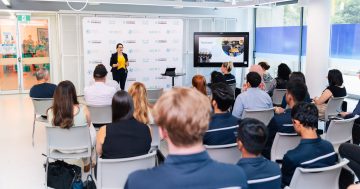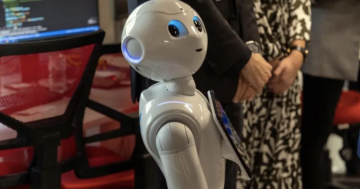
If there’s one thing you learn as an adult, it’s that the real world is nothing like school or university. It’s hard. It’s challenging. Workplace problems don’t have easy answers and being an innovative thinker also requires practical outcomes. As Canberra pitches itself as a knowledge economy, the globally-based Smart Seeds program is into its second year of pushing young leaders out of their comfort zones in a competition that delivers real-world answers here in the ACT.
Led by GHD, who’ve had a Canberra presence for almost our whole history, Smart Seeds takes promising staff from participating firms, mixes them up in small teams and gives them a gnarly infrastructure based problem to solve within a short time frame. The end goal is to produce an eight-minute pitch and professional standard video for a judging panel of senior Canberra industry players.
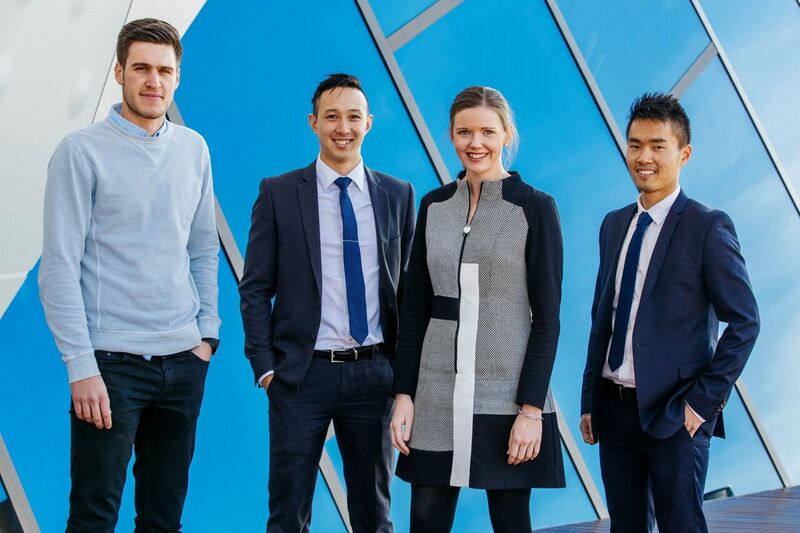
And the real-life focus is the key here: this year’s ACT winners, for example, took on how to turn Canberra airport into an agri-business freight hub. Other teams looked at whether we’re ready for smart cars, how to connect when you’re new to Canberra and how to build an enabled workplace. The dilemmas are real and the outcomes should be deliverable.

Jo Metcalfe and Ken Snell who’ve overseen the project explain that each team gets two mentors, but they need to sort out for themselves how to use their skills and work out the team dynamics.
“You get the alphas, you get the quiet ones, you get people who start out a bit uncertain and turn into rock stars”, Metcalfe says.
“It’s a ten-week process, out of work hours, and they change so much along the way. They need to use teamwork, they get exposure to different ways of thinking and to people from very different backgrounds to their own. There is so much pride in watching them grow. Some of the videos this year moved me to tears, just thinking how far they’d come.”
Josh Polette from Thales, the multinational defence and electronics systems group, has been on the judging panel for the past two years. “We tend to get pigeonholed in our own field of expertise,” he says. “Smart Seeds brings people together to help them understand that there isn’t only one way of solving problems and it can take a team effort. To have that early in your career, that’s invaluable experience.”
“Canberra is still a government town in the sense that a lot of people will work in a business that supports the government. From a local perspective, the blend of government and industry in the teams was really important to show that government can’t achieve what it wants without the support of industry, and that industry has to work together with government.”
Opposition leader Alistair Coe MLA has also been involved with the program and points out that there can be artificial barriers between business and government. He says Smart Seeds combats that perception at an early career stage. “One of the major highlights for me is that innovation doesn’t necessarily require a big research budget. Instead, the focus is on risk-taking and thinking outside the box.”
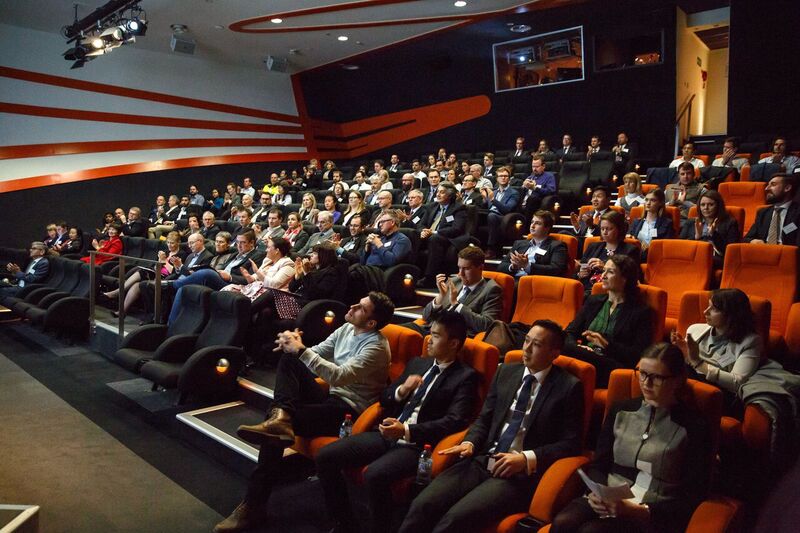
Peter Wright is from Construction Control, who manage and deliver large building projects. He says that participating gave his team a chance to spread their wings. “Sometimes in our game, it gets a bit testosterone driven as a construction operation. But through the program, I saw a different side to them. They were really stretched. To see one of our young engineers with English as a second language, standing up in front of more than a hundred people explaining a tough concept was extraordinary.”
“We do internal training which is more technical, but this was the first time I’ve got our lot involved in external professional development. Our organisation is all about relationship and quiet confidence. Learning that they can present at meetings, write reports, and present those reports to older wiser people is invaluable.”
Smart Seeds enjoys support nationally from the Commonwealth Government through the Departments of Infrastructure and Finance, from corporate partners, and elsewhere from several state governments. The next expansion is into the Riverina where Ken Snell hopes they’ll capture more participants from trades and non-traditional leadership backgrounds.
And the pay-off for communities? Josh Polette again: “I know there is interest in a couple of these projects going to the next step. We have a whole cadre of people who will become senior in times to come. That innovation around hard problem solving is absolutely key for our future.”











